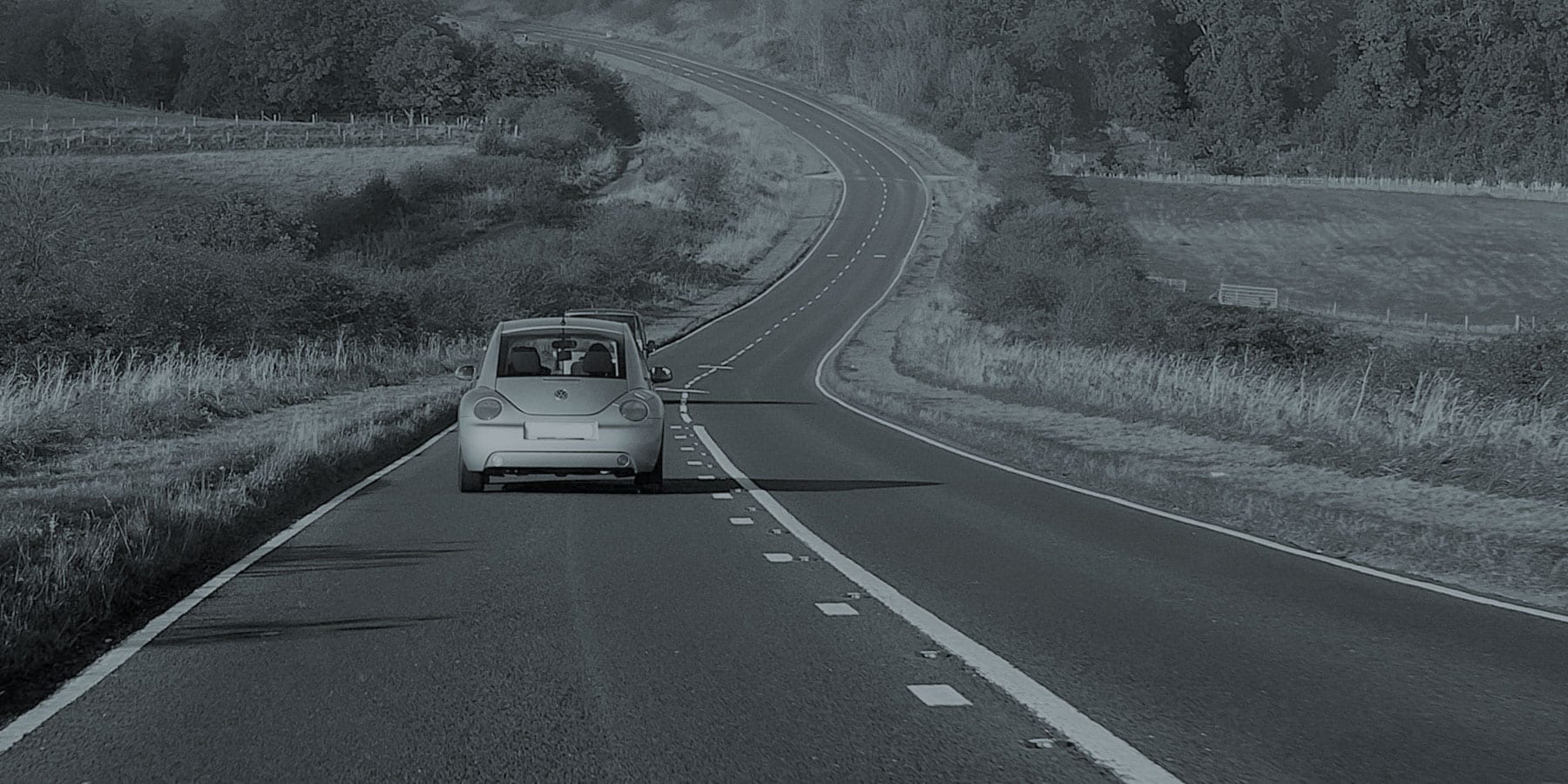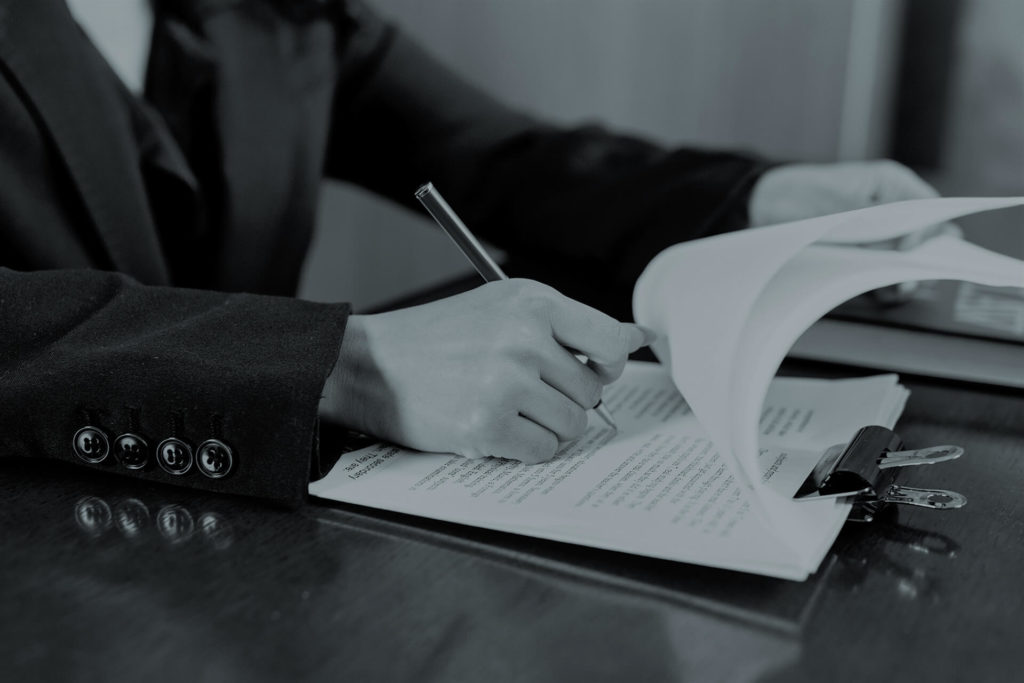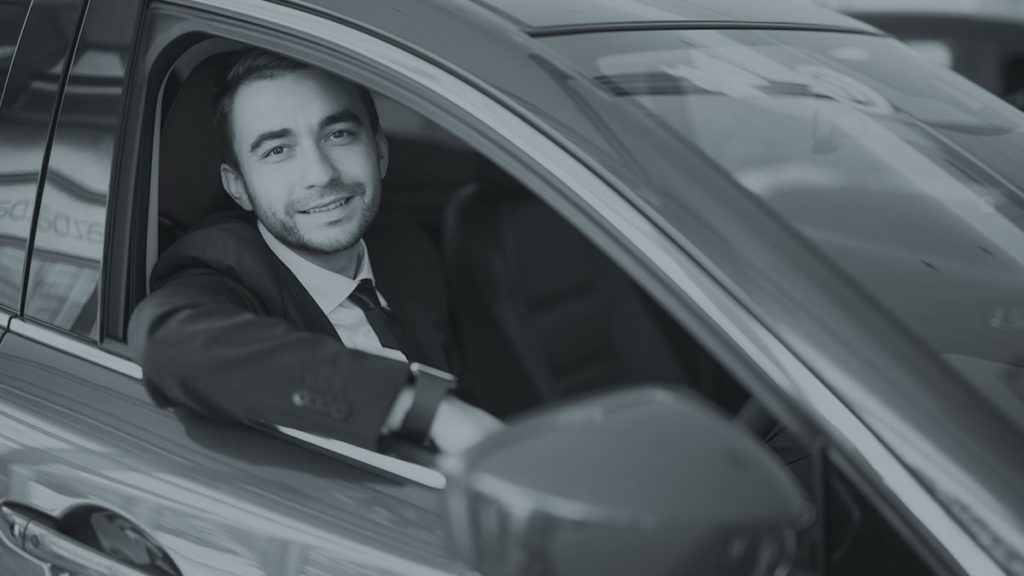Send your enquiry.
Contact us for a free, initial no obligation consultation.
"*" indicates required fields
Your information is safe and treated in accordance with our Privacy Policy
Speak to our motoring offence solicitors if you want to challenge a speeding offence. You can raise a defence based on the fact that you were not the driver, the speed camera was inaccurate, or the speed limit sign was incorrect, missing or not visible. Alternatively, you could plead guilty with mitigating circumstances. This could persuade the court to show leniency during sentencing.
Contesting a Speeding Charge
If you have been caught speeding in England or Wales and you need a solicitor, contact us today. We are available to take your call 24 hours a day, 7 days a week.
What happens when you get caught speeding?
When you get caught speeding, one of two things will happen:
- You will be stopped by the police at the roadside
Sometimes, the police pull drivers over at the roadside. This is more likely to happen if the police see you driving erratically or speeding excessively, particularly on the motorway. Or, you might be involved in a road traffic accident which the police attend. The police may stipulate at the time that they intend to pursue a prosecution. This is known as a verbal Notice of Intended Prosecution (NIP). Alternatively, you might receive an NIP through the post.
- You receive a Notice of Intended Prosecution through the post
If you are caught speeding by a speed camera or handheld speed gun, then you will not be stopped by the police. Instead, the owner of the vehicle will receive a Notice of Intended Prosecution through the post. This should arrive within 14 days of the alleged offence taking place. It will state the location, date and time of the alleged offence, and the speed at which the vehicle was travelling. It will also be accompanied by a section 172 notice.
What should you do if you’re caught speeding? Returning the section 172 notice
You should complete the section 172 notice and return it within 28 days. You should do this, even if you want to challenge the speeding offence. Responding to a section 172 notice is not an admission of guilt. You will have an opportunity to pursue your defence during the next phase of the process. If you do not respond to the section 172 notice, then you could face additional charges.
The purpose of the section 172 notice is to confirm who was driving the vehicle at the time of the alleged offence. You should provide this information as best as possible. If you are not sure, you should take reasonable steps to find out. However, you should not lie. If you absolutely do not know, then you should be honest. We recommend that you get legal advice if this is the case. You do not want to be in a position where the police accuse you of lying. There are consequences for failing to name the driver.
How do you challenge a speeding offence?
What happens next depends on the nature of the alleged speeding offence and the number of points you already have on your licence.
You receive a Fixed Penalty Notice
The majority of speeding offences result the driver receiving a Fixed Penalty Notice in the post (FPN). If so, you might be offered the chance to go on a speed awareness course. If this is not applicable, you will be offered three penalty points and a fine. It is up to you to respond to the FPN, stating whether or not you accept the penalty. If not, your case will go to court. We recommend that you speak to our solicitors before rejecting the proposed penalty.
You receive a single justice procedure notice
The single justice procedure notice (SJPN) is a relatively recent innovation. It is used to resolve minor offences, such as speeding. You must respond within 21 days, indicating whether you intend to plead guilty or not guilty. There will be a hearing and a single magistrate will make a decision in your case. You should speak to our solicitors if you want to plead not guilty. We can represent you in court.
You receive a court summons
If the nature of your speeding offence is considered serious, or you cannot accept any more points on your licence, then you will receive a court summons through the post. You must choose whether to plead guilty, guilty with mitigating circumstances, or not guilty. A court summons indicates that you face a lengthy driving disqualification if found guilty. It is in your best interests to instruct a solicitor.
What are the grounds for contesting a speeding offence?
If you reject a Fixed Penalty Notice, or you plead not guilty at court, then you are contesting your speeding offence. You should only do this if you have a solid basis for your defence. If you contest the charges but you are found guilty, then court may say you have wasted court time and taxpayer’s money. As a result, you may face a greater penalty than the one you would otherwise have received, had you pleaded guilty in the first place.
Grounds for contesting a speeding offence include:
- You were not the driver of the vehicle
- The speed limit sign was missing, incorrect or not visible
- The speed camera was not operated/operating properly
- Errors with police procedure
You were not the driver of the vehicle
If you were not the driver of the vehicle, then it goes without saying that you should not be prosecuted for crimes you did not commit. If you are the owner of the vehicle – but you were not driver the vehicle at the time of the alleged offence – then this is a difficult position to be in. You must take reasonable steps to find out who was driving. Even so, this might not be plausible. It could be that the car was stolen, or was used by an employee who cannot be traced.
The prosecution must prove that it was you who was driving the vehicle. If this cannot be achieved, then you should be acquitted. However, you must be careful to exonerate yourself from all blame. If there is any suspicion that you are lying or covering for someone else, then you could face other charges. It is therefore vital that you speak to our speeding solicitors about how best to proceed.
The speed limit sign was missing, incorrect or not visible
If you cannot have possibly known what the speed limit was, then you cannot be held accountable for your actions. Sometimes this does happen. For instance, an area may have changed from a 40mph zone to a 30mph zone, but not all the signs have been swapped over. Or, it could be that something (such as foliage) was obscuring the speed limit sign, or it had been taken down/vandalised beyond recognition.
Evidently, it will be very unfair if you are found guilty of speeding, even though you thought you were obeying the rules of the road. We can bring this to the court’s attention, submitting the necessary evidence in support of your case.
The speed camera was not operated/operating properly
Are you convinced that you were not travelling at the speed the police say you were? Then there may have been a problem with the speed camera, or the way in which the speed camera was operated. Speed cameras have to be calibrated regularly. If hand-held, the laser device must also be used in the correct way. Otherwise, the results might be inaccurate, resulting in a wrongful prosecution.
Expert evidence must be obtained to prove that the reading is not reliable. Our solicitors can instruct an expert to provide an opinion, and will cross-examine the officer during the hearing (if applicable).
Errors with police procedure
The police must follow certain procedures when stopping you at the roadside, issuing Notices of Intended Prosecution and issuing a court summons. If any of these procedures are not followed to the letter, then the charges against you must be dropped. For instance, it could be that you did not receive a verbal NIP when the police stopped you at the roadside.
We will investigate the details of your case to see whether any police errors have been made. If so, we will make an application requesting that the case is abandoned.
Should you plead guilty with mitigating circumstances?
Another option is to plead guilty with mitigating circumstances. This is commonly known as pleading ‘special reasons’. This means that you accept you are guilty of the offence, but you were only speeding due to extenuating circumstances. For instance, you could have been fleeing from danger. Or it might have been a medical emergency. If the court accepts that mitigating circumstances are a factor in your case, then the magistrates are likely to show leniency during sentencing.
Can I speak to a solicitor about a speeding offence?
Lots of people wrongly assume that speeding offences cannot be contested. As a result, they accept the penalty and whatever consequences that follow. However, it does not have to be that way. If you can successfully challenge a speeding offence, then you should. Otherwise, you could end up with three points being added to your licence. If you get caught again then this might tip you over the 12-point limit. All of a sudden, you are facing an automatic driving ban. If your speeding offence is considered serious and you receive a court summons, then a driving disqualification is almost certainly on the cards, unless you can prove your innocence.
Defences to Speeding
Therefore, there is good reason to contest a speeding offence. If you do not, the outcome can be extremely problematic for you and your family. Our motoring offence solicitors can advise whether you have a strong legal basis upon which to challenge your speeding offence. If so, we can manage the case for you, applying our skill and expertise to get a good result. Learn more on exceptional hardship driving ban.
Solicitors – England and Wales
Have you been caught speeding? Contact our motoring offence solicitors for expert legal advice.
Call us on 0333 009 6275. We are available 24 hours a day, 7 days a week. See our motoring defence fees page to find out more about our fixed fees.
You can also email us on enquiries@ashmanssolicitors.com or complete our Online Enquiry Form and we will contact you.




